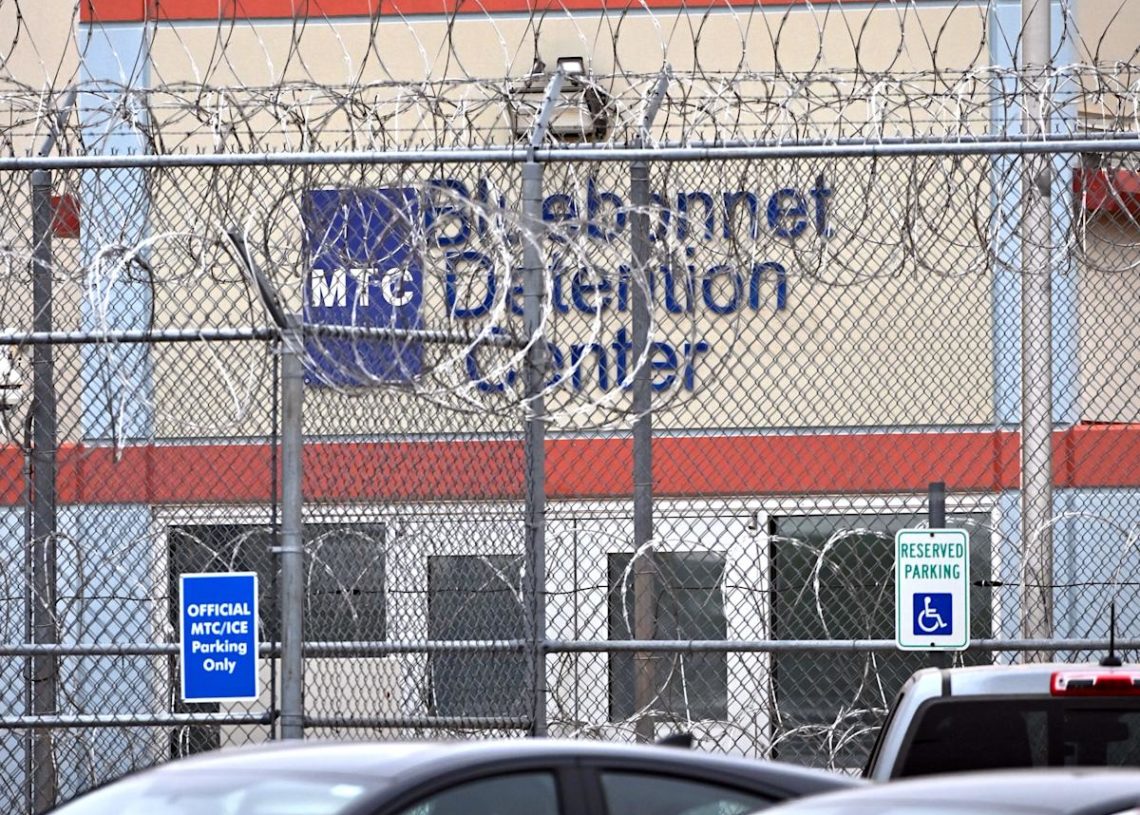WASHINGTON −The Supreme Court on May 16 continued to block the Trump administration from using a 1798 wartime law to deport a group of Venezuelan migrants who said they had not been given enough of a chance to contest their removal.
In an unsigned opinion with two noted dissents, the court said the migrants haven’t had enough time or information to protect their rights. And that’s particularly important, the court said, because the administration has said in another case that it’s not able to bring back a man who was mistakenly deported to El Salvador.
“The detainees’ interests at stake are accordingly particularly weighty,” the majority wrote.
Justices Clarence Thomas and Samuel Alito dissented, saying in part that the court didn’t have the authority to weigh in at this stage.
The court built on its April 19 emergency order preventing deportation that was granted after lawyers for the migrants said they were at imminent risk of removal without the judicial review previously mandated by the justices.
The new order directed a lower court to determine what process the administration must use, saying the justices are “too far removed from the circumstances on the ground” to make that determination themselves.
But the court agreed with the administration that they can remove anyone who meets the deportation criteria under the regular immigration code.
The Supreme Court has not said whether it agrees with the administration that it can use that 1798 law to deport immigrants it says are members of a Venezuelan crime gang.
Justice Brett Kavanaugh wrote in a concurring opinion that the Supreme Court should take up that issue now.
Instead, the majority urged the lower courts to address the Alien Enemies Act cases “expeditiously.”
Federal judges in New York, Colorado, and Texas have ruled against Trump’s use of the law to deport Venezuelans. A federal judge in Pennsylvania ruled on May 13 that the administration could use the law.
The Supreme Court ruled on April 8 that deportations are subject to judicial review if migrants request it in the jurisdiction where they’re being held.
Lawyers for the American Civil Liberties Union said migrants being held in a Texas detention facility weren’t given a realistic opportunity to dispute their membership in a gang or otherwise fight deportation. The deportation notices they received were not in a language they could understand, did not inform them of their rights and did not allow time to exercise them, the lawyers contend.
“Under no plausible understanding of this Court’s ruling is that notice protocol satisfactory,” they told the justices.
The Justice Department said the detainees have had “adequate time” to challenge their deportations.
Solicitor General John Sauer also said the Supreme Court’s initial order “did not mandate any specific notice procedure.”
In Texas, where the migrants were detained, a District Court and the 5th U.S. Circuit Court of Appeals each refused to block the removals so the lawyers asked the Supreme Court to intervene. Before the high court temporarily blocked the removals, migrants had been loaded onto buses that left their Texas facility, according to the ACLU filing.
Because there is no remedy for migrants who have already been deported, the ACLU lawyers asked the Supreme Court to provide guidance to lower courts about what measures are required for adequate notice to contest deportations.
President Donald Trump’s hardline approach to immigration and claims of broad executive authority have put the administration on a collision course with the courts.
This article originally appeared on USA TODAY: Supreme Court blocks migrant deportation under Alien Enemies Act
The post Supreme Court deals blow to Trump, says can’t immediately deport Venezuelan migrants appeared first on USA TODAY.



